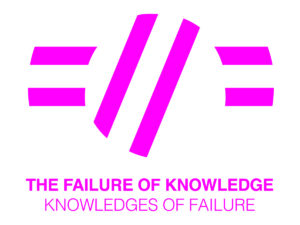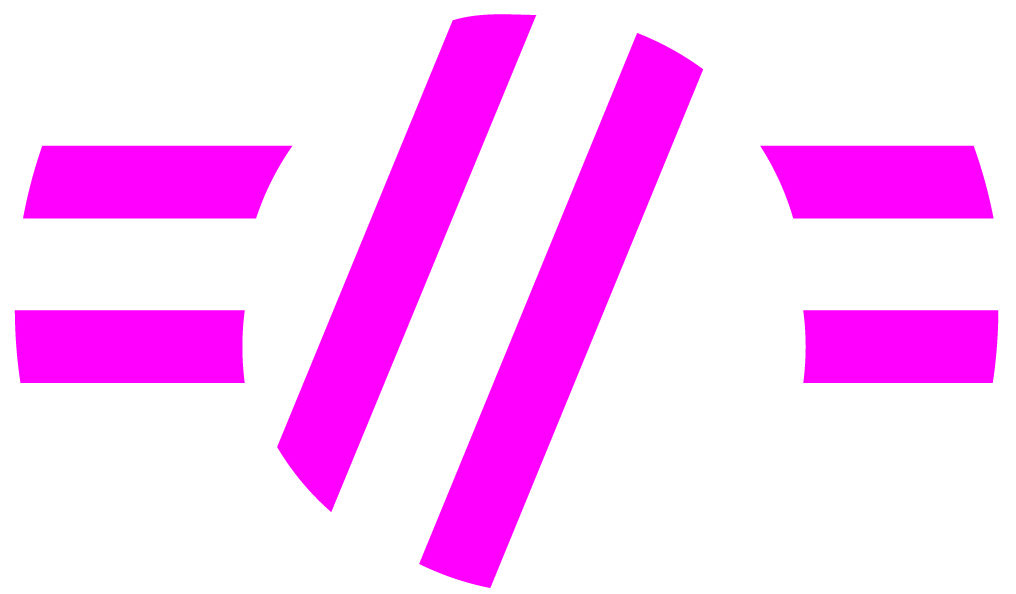In the research network “The Failure of Knowledge – Knowledges of Failure,” fifteen scholars of American Studies and related disciplines are investigating the nexus of failure and knowledge, addressing such timely concerns as ‘the post-factual,’ climate-science denial, or the digital divide as well as historical questions such as the suppression of Indigenous knowledge systems. Failure and questions of knowledge are inextricably linked. The assumption that knowledge is socially constructed and that its circulation (or lack thereof) is inflected by power relations, gives rise to the question how and why we know that someone or something has failed. The concept of failure (and the self-identification as a ‘failed individual’) presupposes specific epistemologies that, in turn, were produced by social, cultural, political, and economic processes.

Thus, this network hypothesizes that knowledge has agency in the formation of ‘failed individuals’ and of the rhetoric that underlies the success/failure binary. Knowledge can both prevent and facilitate failure – restricted access to knowledge can impact someone’s chances to participate socially and economically, while the very structures and systems of knowledge are instrumental in producing normative assumptions and hierarchies that disqualify certain subject positions as ‘failed’ (for example, heteronormativity). At the same time, the subversive knowledges of those considered / self-identifying as failed individuals afford particularly astute insights into a given hegemonic order, and also constitute potent repositories from which efforts to articulate alternative futures may draw.
Recognizing oneself as failed can also open up spaces of resistance and pleasure. Subversive and subaltern knowledges of ‘failed’ individuals or social groups can, consequently, challenge dominant discourses and social structures effectively (this pertains to emancipatory social movements such as Black Lives Matters as well as to the Alt-Right). The production of ‘knowledge from below’ often relies on social practices and medial genres that have traditionally not been regarded as generators of knowledge (e.g. popular culture or tacit knowledge). In addition to examining the agency of knowledge in the production of failure as well as the knowledges of ‘failed individuals,’ this project also scrutinizes the failure of knowledge.
The current historical moment is witnessing increased challenges from divergent political angles to the ideal of knowledge as rational and universal rooted in the European Enlightenment. The ascent of the Alt-Right, for instance, has helped usher in the so-called ‘post-factual’ age, in which expert knowledge / established modes of knowledge production are being ignored or denied, as in the case of climate-science denial. Established processes of knowledge generation, however, are also characterized as failed by those who seek to decolonize Western epistemologies and institutions of knowledge production.
In the spirit of the Public Humanities, Network members will also regularly seek the dialogue with the interested public so as to assure research findings are not exclusively produced in the academic ‘ivory tower,’ but shared with and assessed by civil society. The network is funded by the German Research Foundation and will run from February 2020 through January 2023.
